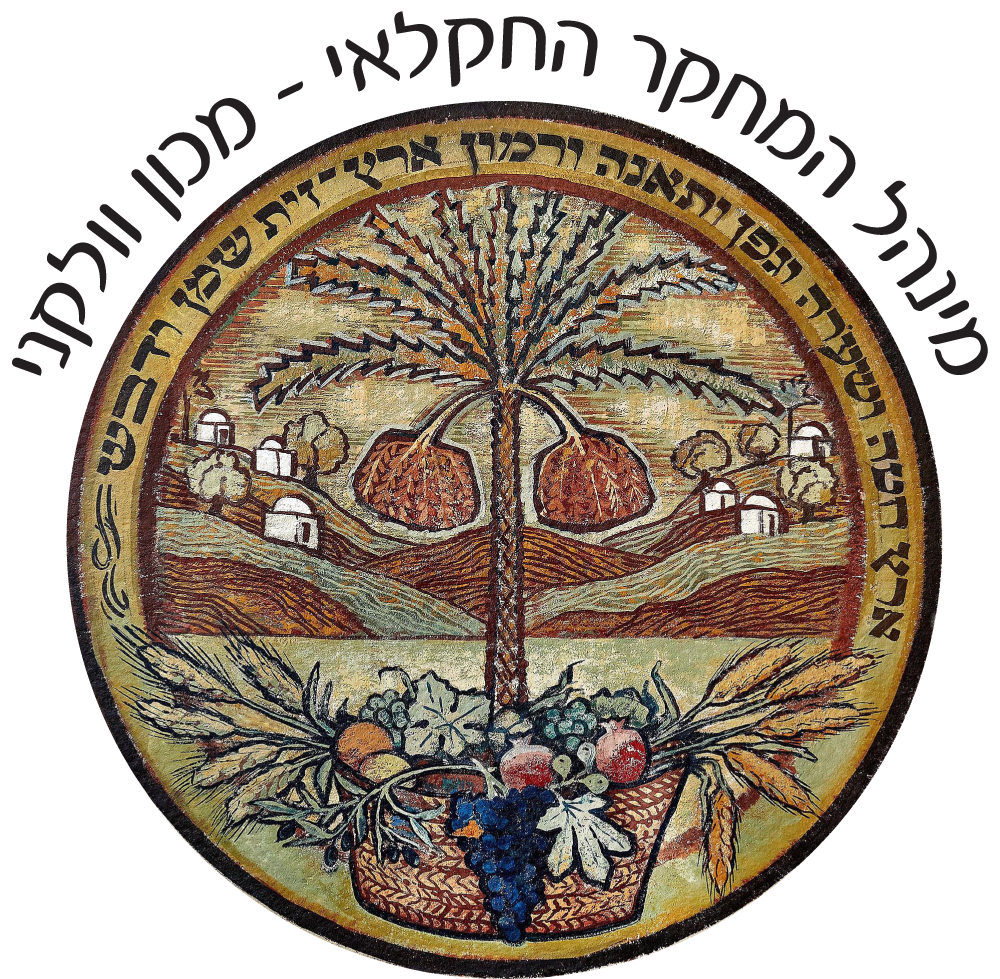Einat Zchori Fein Ph.D.
Researcher (Entomology)
- Newe Ya’ar Research Center
- Researchers at the Neve Yaar Research Center
- Newe Ya'ar Research Center
- +972-506220045
- +972-49539549
Education
-
1985-1988
B.Sc. in Plant Protection at The Faculty of Agriculture, The Hebrew University of Jerusalem
-
1988-1990
M.Sc. in Entomology at Cornell University. Supervisor: Prof. Roush.
-
1991-1996
Ph.D. in Entomology at The Faculty of Agriculture, The Hebrew University of Jerusalem. Supervisors: Prof. Rosen and Prof. Roush.
-
1997-2000
Postdoctoral position at Newe Ya’ar. Supervisors: Prof. Rosen and Prof. Coll.
-
2000-2001
Postdoctoral position at The University Arizona. Host: Prof. Brown
-
2019-2020
A thesis in Women Studies, Haifa University. Supervisor: Dr. Adi Moreno
-
2024
2024 - Creativity in action, FORE Executive education program, Reichman University
Research Interests
The importance of symbiotic microorganisms to the outcome of biological control programs is largely unexplored, and likely underestimated. These microbes can significantly impact pest control outcomes by conferring resistance to pests against natural enemies and pesticides, as well as affecting the pests’ ability to transmit plant diseases. Additionally, symbionts are crucial for the successful establishment and effectiveness of natural enemies in new environments, whether in classical or augmentative biological control strategies. Our laboratory research focuses on bridging knowledge gaps by studying the phenotypes of bacterial and viral associates of economically important insects to enhance biological control efforts.
Curerent projects in the lab include:
1) Symbiotic viruses in the parasitoid wasp Anagyrus vladimiri
2) Symbiotic viruses in the predatory mite Phytoseiulus persimilis
3) The influence of bacterial symbionts on the feeding habits of members of the Miridae
Research Areas
- The phenotypes of symbiotic microorganisms in beneficial insects
- The multi-trophic interactions of plants/plant pathogens/arthropod vectors/natural enemies
- Transmission pathways of bacterial and viral symbionts within and between trophic levels

